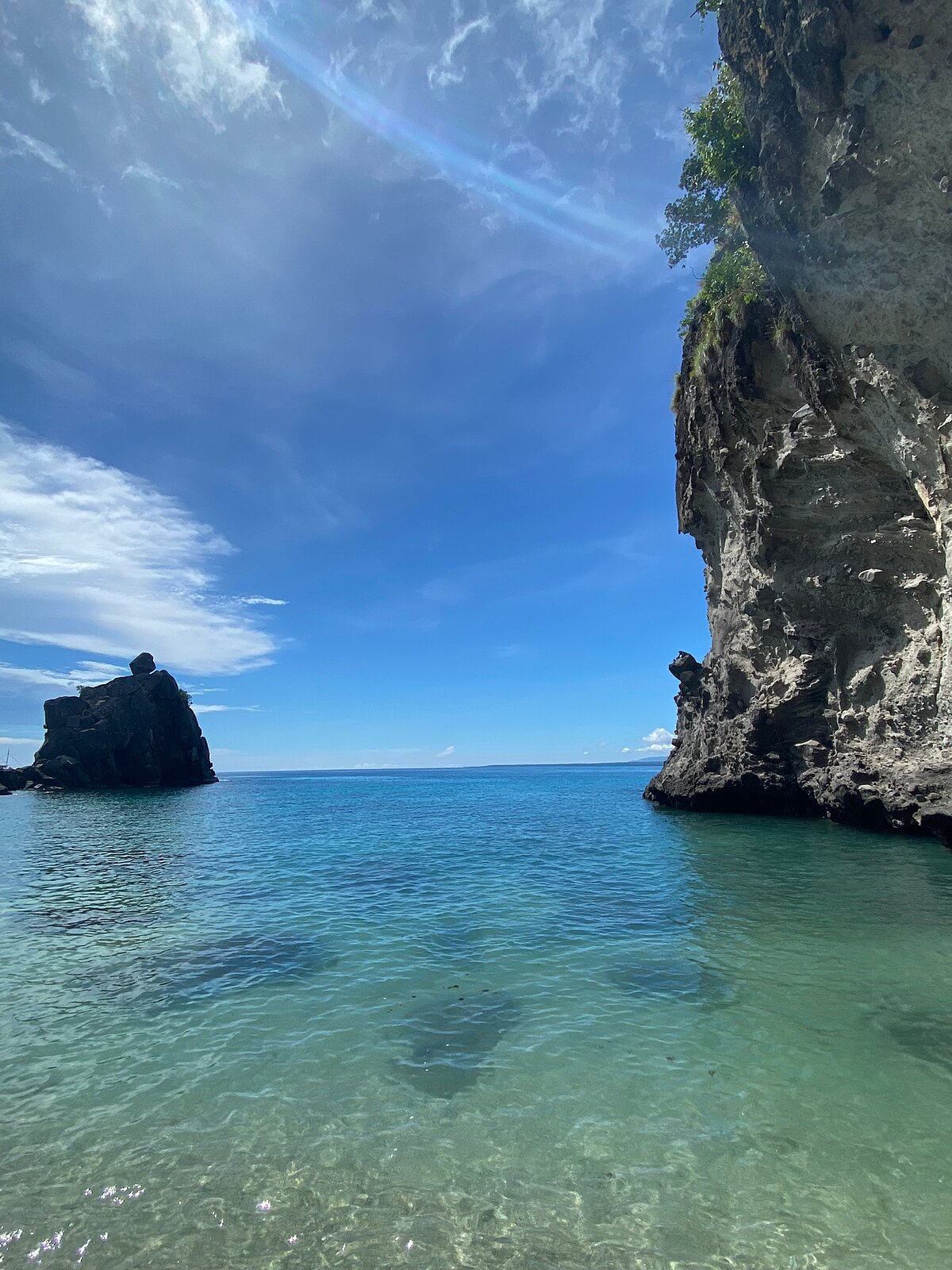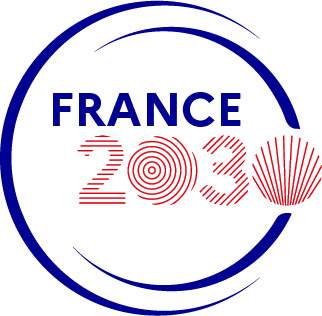Projets Pédagogiques
Regards croisés sur le Paysage
Depuis quelques décennies, le concept de paysage connaît un regain d’intérêt, et donne lieu à de multiples approches : géographie, philosophie, urbanisme, histoire de l’art, architecture, études environnementales…. Il peut être compris comme un territoire habité et travaillé par les sociétés qui l’organisent ; comme l’environnement matériel et physique des sociétés ; comme une représentation artistique, culturelle et sociale. En ce sens, le paysage est simultanément, et paradoxalement, à la fois un objet de contemplation, et un objet constitué par les pratiques sociales, économiques et politiques d’acteurs agissant dans le monde. Le paysage permet ainsi une réflexion renouvelée sur notre rapport au monde et à la nature, particulièrement à l’ère de l’anthropocène, et permet ainsi de penser une nouvelle dimension du politique qui ne soit plus dans un rapport purement exploitatif à l’égard de la nature.
Notre séminaire de Master proposera une réflexion interdisciplinaire sur cette notion complexe, particulièrement dans le contexte européen : le projet européen peut en effet se comprendre comme le projet de création d’un paysage commun, dans tous les sens du terme.
Le séminaire sera interdisciplinaire, bilingue (français /anglais) et mené en hybride. Il inclura des séances pratiques (visite des terrils et autres sites régionaux, exposition sur le paysage au Musée Louvre-Lens…) et sera ouvert aux étudiants internationaux.
Cross-perspectives on Landscape
The concept of landscape, at the crossroads of geography, philosophy, art, architecture, urbanism and environmental studies, has received sustained attention in recent decades. It may be understood as an inhabited territory shaped by social and political practices; as the material and physical environment of societies; and as an aesthetic representation to behold. A landscape is thus simultaneously, and paradoxically, an object of contemplation and the outcome of social, political and cultural practices that shape the land. It has, crucially, helped renew the reflection on nature and ecology, and has become an important element in the reflection on the common good in the age of the Anthropocene. Numerous scholars have noted how the focus on landscape is key tool in re-thinking the relationship to nature, and the world in general: as a matter of fact, it is singularly suited to re-imagine politics away from a purely exploitative relationship to nature. Landscapes are part of our environmental aesthetics, but also of our environmental politics; in fact, ecology, and environmental issues more generally, can no longer be thought without the notion of landscape.
Our seminar on landscape will study this concept from an interdisciplinary perspective, and in the European context in particular, as the European project was about creating a common landscape, in every sense of the term.
The seminar will be interdisciplinary, bilingual (French/English) and will take place in hybrid form. It will include on-site sessions (visits of the “terrils” and other regional sites, to the Louvre-Lens museum for an exhibition on landscape….), and be open to international students.



